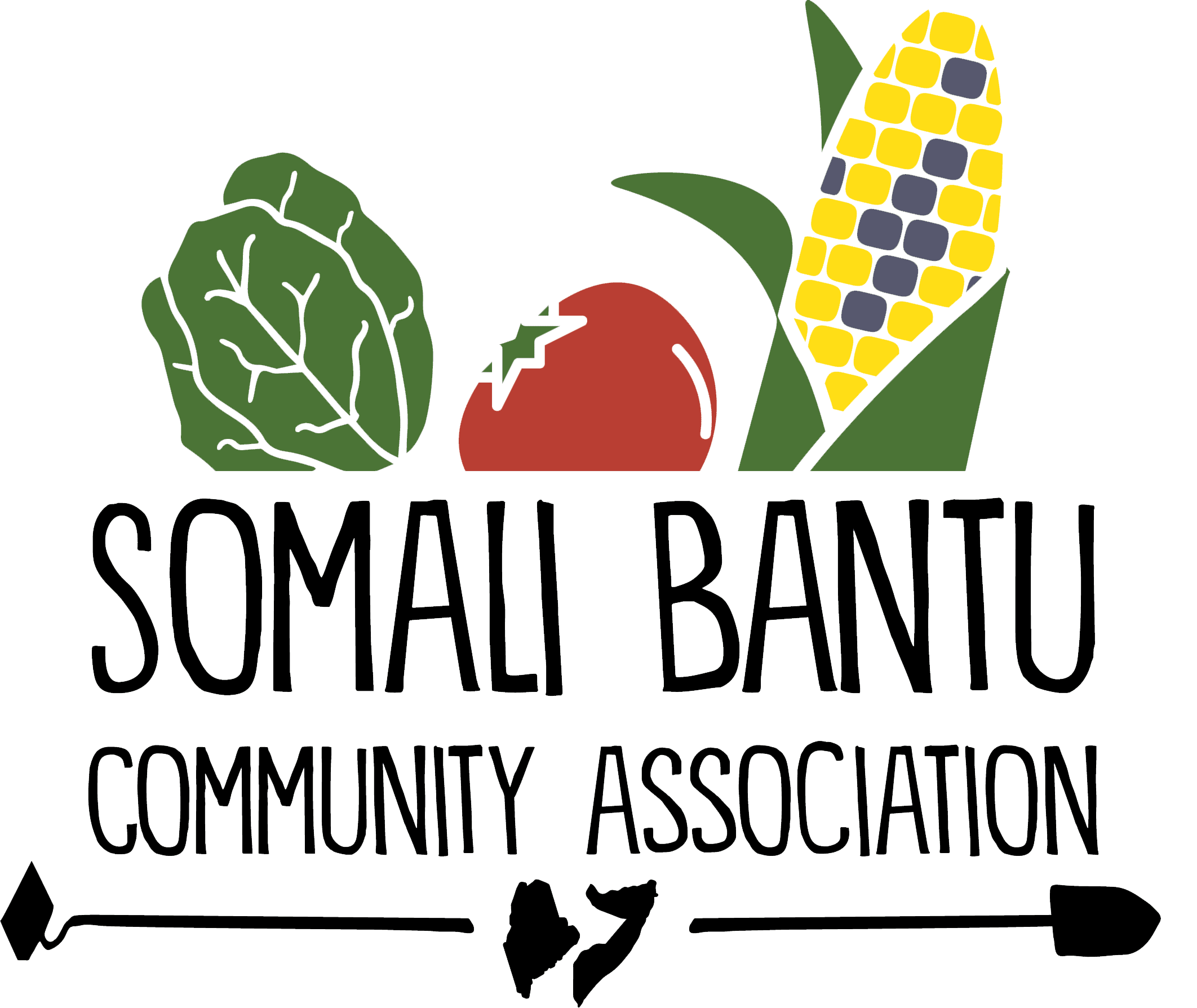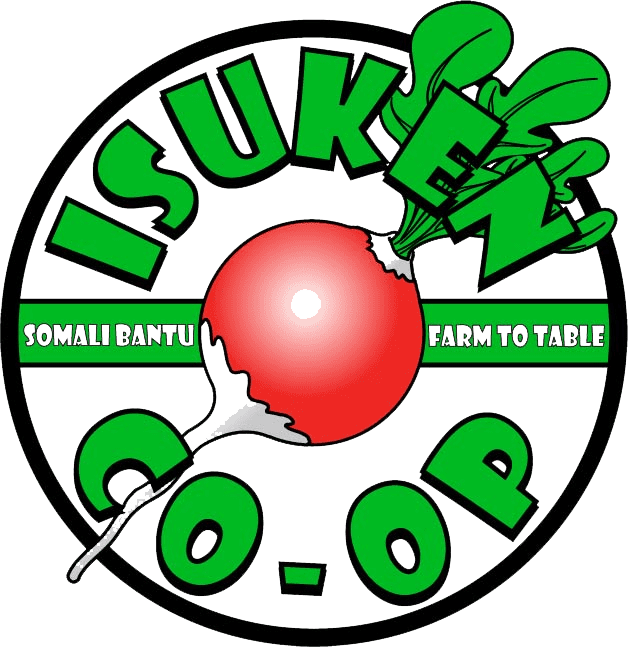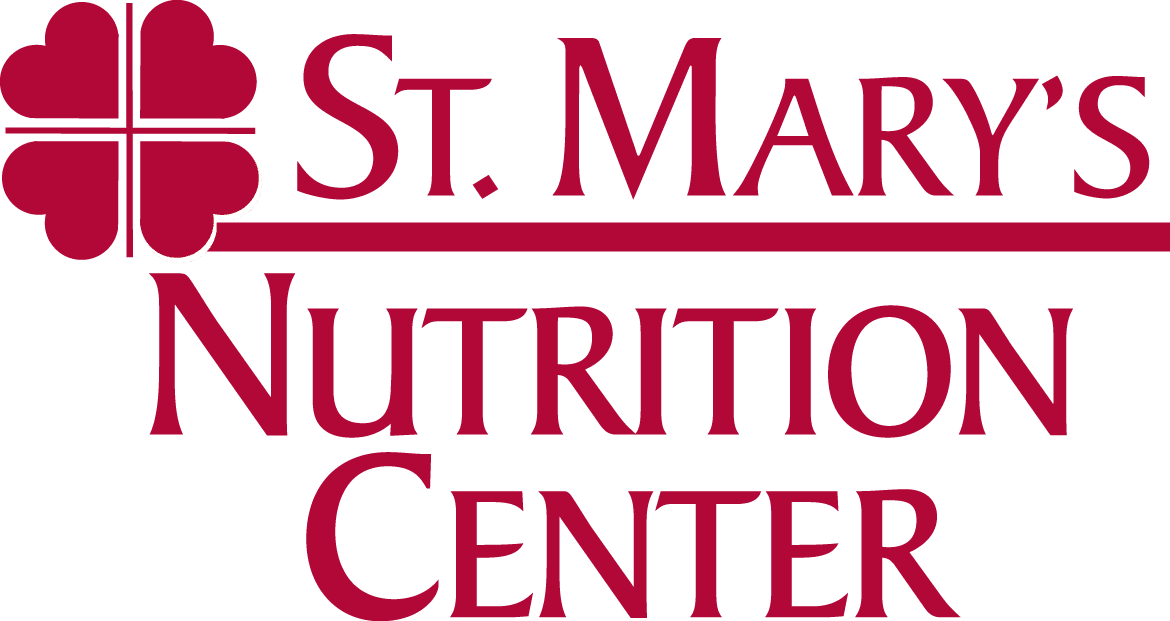
Ensure land security and justice for marginalized groups
Assist marginalized groups to purchase & secure farmland & connect to technical assistance for business development; record the process of land secuirty so it can be used by other land seekers.
This action appeared in our first plan and continues to yield harvests.
Increase
Increase Land Access and Justice
Strengthen
Strengthen Food Stablity & Economic Growth
Leaders & Supporters of the Work
The Big Why
Maine’s Indigenous, Black and other communities of color are disproportionately impacted by poverty and food insecurity. While approximately 15 percent of white children were recorded as living in poverty in 2018, the rate was over 40 percent for Wabanaki children and over 53 percent for Black or African American children. Compounding this issue is financial and structural inequities that have added barriers for BIPOC communities to access and purchase land that would otherwise provide opportunities for revenue generation and/or food access. BIPOC people make up approximately 8-9% of the population but own just 1% of farms in the state. This creates a situation where communities most impacted by poverty and food insecurity have the least ability to have secure land tenure to build a livelihood and/or food self-sufficiency. Lewiston-Auburn is a unique community in Maine, with a demographic profile distinct from much of the rest of the rural state which is more than 95% white. In contrast, over 22% of Lewiston’s population are people of color and 15% are refugee/immigrants and in Auburn, 14.6% of its 24,061 residents are people of color. Similar to the state’s profile, a disproportionate amount of communities of color in Lewiston Auburn experience poverty and food insecurity. Many of the New African American communities residing in Lewiston Auburn have long held agricultural traditions. For the last twenty years collaborative efforts between New American community leaders, community advocates, and nonprofit service agencies have helped to connect communities to land, fostering the ability to farm at a market and subsistence level. Recent efforts have helped groups such as the Somali Bantu Community Association (SBCA) and New Roots Cooperative to more permanently secure land ensuring a future source of food self-sufficiency for their communities, cultivation of livelihood, preservation of agricultural heritage, and a source of local food for the broader community. This work has only begun in earnest in Lewiston Auburn and more is needed to both reduce the impact of hunger and ensure justice and equity are re-introduced into land access efforts. In particular, more energy and effort is needed towards reparations for land theft and displacement of Wabanaki people and centuries old marginalization and displacement of Black American communities in Maine.
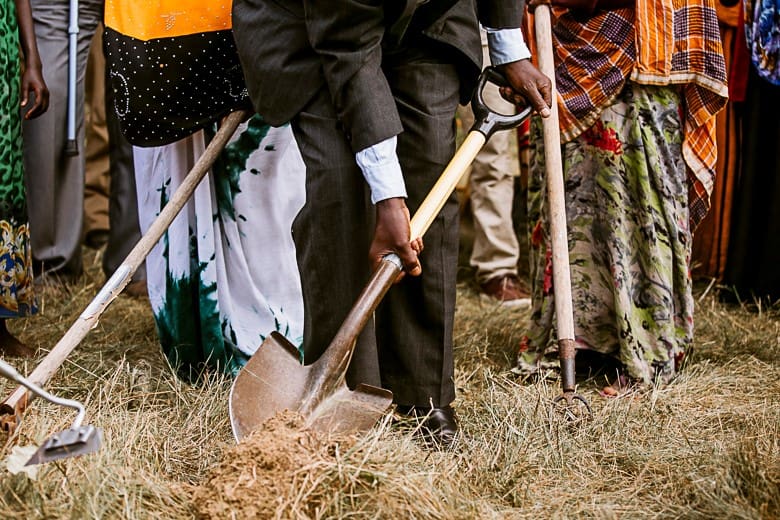
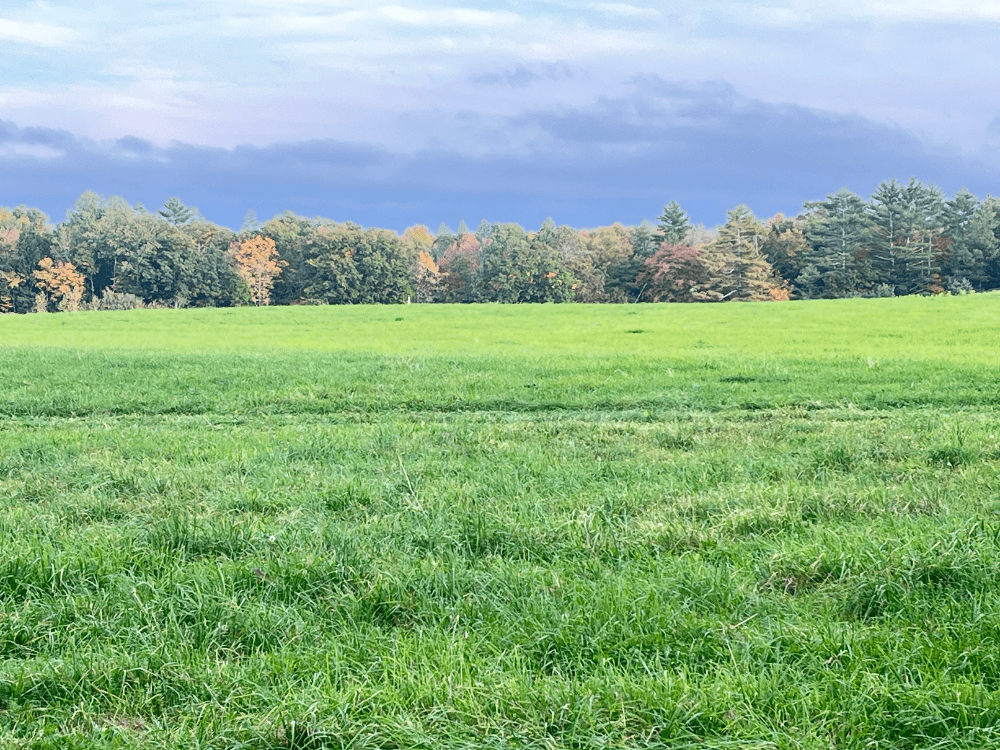
Progress
- OK Community Farm, was able to fundraise enough funds for a downpayment on a farm in Wales, Maine.
- In 2020, the Somali Bantu Community Association (SBCA) was able to secure a 104 acre organic farm in Wales, Maine, in partnership with Agrarian Trust for their subsistence and training farm program, Liberation Farms. Land for this farm is being transferred from Agrarian Trust to SBCA and should be completed by the end of 2024. SBCA published a Case Study of their land access journey including land access tools and resources for under-resourced and non-traditional farmers.
- New Roots Cooperative Farm, a Somali Bantu cooperative farm business, was able to secure and complete the purchase of 30 acres of their farmland in 2020.
Dig Deeper
Resources & Additional Materials
